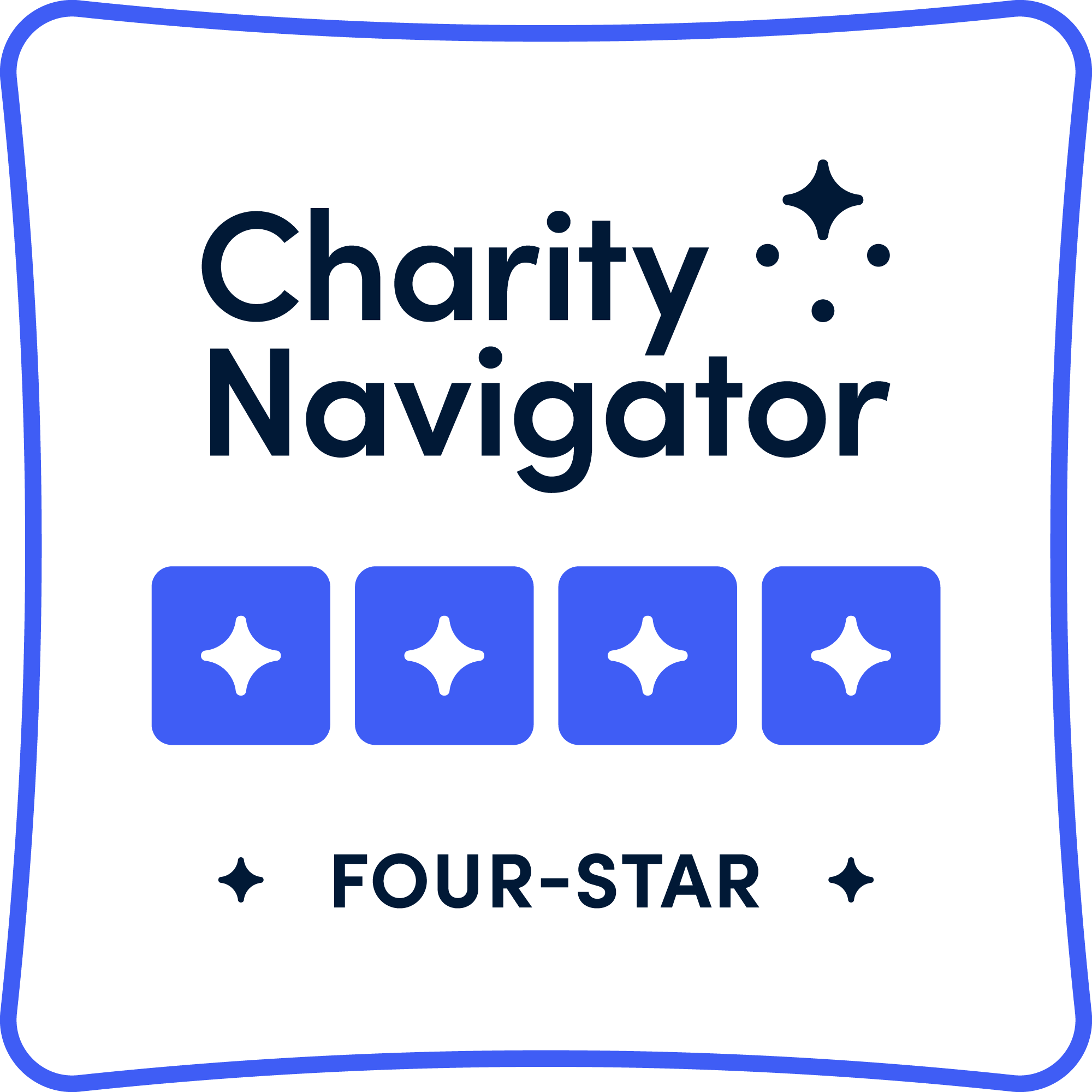NFCR’s AIM-HI Accelerator Initiative bridges the gap between innovative, early-stage cancer research and the successful development of high-impact oncology products.
It provides scientist-entrepreneurs and oncology startups with the initial funding it needs and the networks that can help translate discovery breakthroughs into powerful cancer therapies and diagnosis.
Watch to Learn More:
Here are a few Translation Cancer Research Projects NFCR can support thanks to our donors:

The majority of cancer patients may be immune-compromised and weakened from their illness. As such, the potential viable therapies for these patients are of limited efficacy due to tolerability, safety, and toxicity concerns. Dr. Jeremiah Johnson, Professor of Chemistry at MIT, is hard at work developing the Bottle-brush Analogue Macromolecule (BAM) platform, which will enable patients with advanced cancer to receive and tolerate life-saving treatments without the dangerous effects of toxicities.
The BAM platform could also transform treatment for patients with non-symptomatic cancers by making highly active treatments more tolerable for earlier intervention.

Only six pediatric cancer drugs have been approved in the last 40 years, compared to more than 200 for adults. NFCR’s early support enabled Dr. Cesare Spadoni to establish a research discovery program for Medulloblastoma, a central nervous system cancer.
Consequently, Dr. Spadoni developed the drug, Volasertib, for clinical trials, which has been granted the FDA’s Orphan Drug Designation to treat rare pediatric soft tissue sarcomas.

STAT3 is a key regulatory protein positioned at the intersection of signaling pathways integral to the survival and immune evasion of cancer cells.
Data reveals that more than 50% of all cancers are STAT3-activated. Also, the extinction of STAT3 has an inhibiting effect on triple-negative breast cancer and cancers of the lung and liver.
With NFCR’s support, Dr. Ron DePinho and his team have been studying STAT3 inhibitors, which are performing well in Phase 1 testing. The team will focus on liver cancer in Phase 2.










